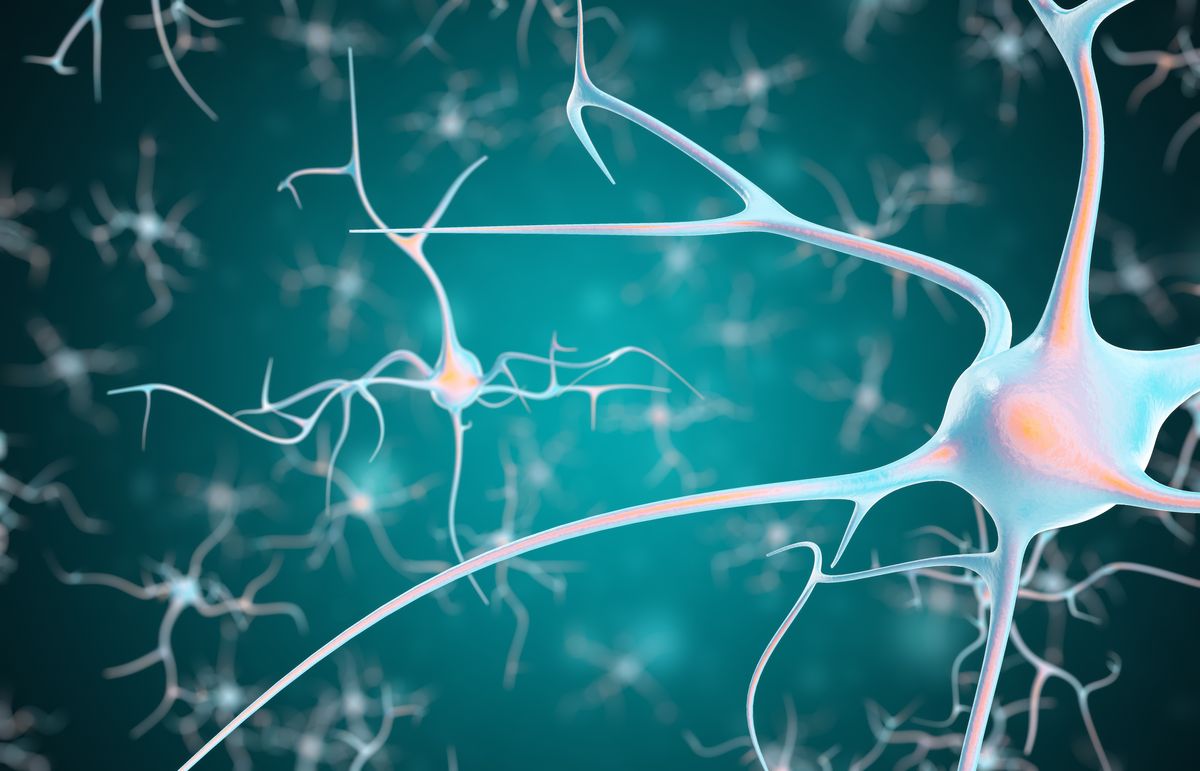The faculty-based Center of Neuro- and Behavioral Sciences brings together researchers from different faculties and institutions for transdisciplinary, interdisciplinary and multidisciplinary research. Find out what the issues are, that are jointly adressed by neurobiologists, experimental psychologists and social scientists.
Mission
The faculty-based Center of Neuro- and Behavioral Sciences strives to understand human experiencing and acting on the basis of neurobiological, experimental and socio-scientific methods.
Particular attention is given to how the human brain - and for that matter also non-human primate brain and mice brain - select, communicate and process information. Researches in this Cluster also investigate the cellular and molecular mechanisms behind the behavior of invertebrates.
Research environment
The Center of Neuro- and Behavioral Sciences is incorporated into the university's research area profile "brain dynamics".
Research cooperations have been established with the Faculty of Medicine, namely with the Paul Flechsig Institut of Brain Research, the Carl Ludwig Institute for Physiology, the Clinics of Neurology, of Neurosurgery, and the Department of Psychiatry.
Other research partners are the Faculty of Social Sciences and Philosophy (Centre for Quantitative Social Research, Institute of Sociology), the Faculty of Education in connectio with its Research Center for Early child Development. We also connect with the Competence Center of Right-Wing Extremism and Democracy Studies of the Faculty of Theology and inter-faculty research centres, such as the Research Institute for Social Cohesion.
Our partners outside the University are a number of departments at the Max Planck Institutes of Cognition and Neuroscience, of Evolutionary Anthropology and of Mathematics in the Sciences, as well as at the Helmholtz Centre for Environmental Research GmbH - UFZ.
We strive to establish and intensify further extra-university cooperations.
Focus Topics
Development and Change are the main features of our experiences and behaviour, which also holds true for our closest relatives, the primates. Our research encompasses the entire life span from early childhood to advanced age. We take into account both opportunities for as well as limits of development and try to connect heterogenity of development with insights on normative development.
Research on the plasticity of human behaviour and experience is another central element of our work. The enormous plasticity
becomes evident in intervention studies as well as in the observation of developmental pathways in different temporal and social contexts. In doing so, we use a large array of methods (e.g. biosignals, behavioural observation, recording of subjective experience of humans; longitudinal data from non-human primates in the field), which include perceptual, (social) cognitive and emotional processes.
Human experiencing and behaviour are significantly determined by situational (physical-spatial) and social contexts. Considering these contexts and including the interaction of mental systems requires a social science perspective. This is why our focus topic aims at examining social processes (e.g. social interactions, linguistic communication) and social contexts (interpersonal relationships, social groups, organisations), that are a condition of human behaviour as a biopsychosocial phenomenon. This also includes the development of quantitative social science methods in the behavioural sciences.
We consider mental functions such as attention, perception, emotion and language to be the result of mental processes in which information is absorbed, structured, changed and passed on. So-called mental representations take on a central role in these processes. For example, in the language domain, phonological, syntactic, semantic and articulatory codes are assumed to be mental representations that underlie the understanding and production of language. The methods we use include multichannel electroencephalography (EEG), functional magnetoresonance tomography (fMRI), magnetic and electrical stimulation and blockade of specific brain areas (TMS, tACS, tDCS) as well as measurement of eye movements, mental chronometry and psychophysics. The combination of measurement methods and integrative data analysis are the focus of our future research strategies in order to gain a more comprehensive picture of perceptual, emotional and cognitive processes.
Neurobiological research in animal models provide fundamental results on neuronal mechanisms from single cells to higher cognition, which cannot be achieved neither technically nor ethically in humans, and they contribute to the understanding of differences in brain function and behavioural control between animal groups. The cluster works with mice, crickets and fruit flies, among others, at the molecular, cellular and systemic level. Research on animal models focuses on the role of neuronal messenger substances, especially biogenic amines, for the control of social interactions (model organism: cricket), mechanisms of stimulus processing, memory formation and learning (model organism: fruit fly) and cortical encoding of sensory information, brain plasticity and individual differences in brain structure and function (model organism: mouse). Among other things, genetic and optogenetic methods, electrophysiological multi- and single-cell derivations, pharmacological manipulation, histological and immunocytochemical methods, as well as behavioural training and analysis are used.
Research outlook
The appointment of a number of new professorships at the Wilhelm Wundt Institute of Psychology and the Institute of Biology will generate new research cooperation opportunities, e.g. with the UFZ and link-ups to business and industry. New research collaborations are opening up with the MPI for Evolutionary Anthropology, with a focus on issues of behaviour, ecology and culture in humans. The establishment of the interdisciplinary Centre for Early Childhood Development is another important task. In 2020, we reached one of our goals when a Graduate School was opened in cooperation with the Faculty of Medicine. The C-NBS participates in the preparation of a proposal for a Cluster of Excellence on globalisation research (ReCentGlobe Research Centre).
